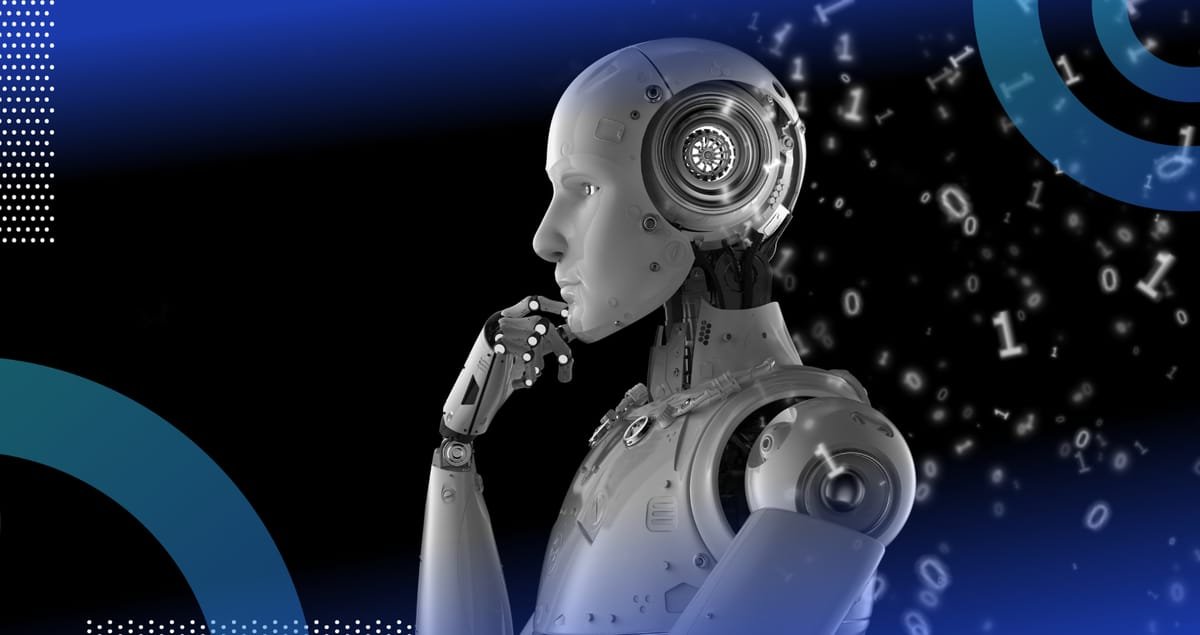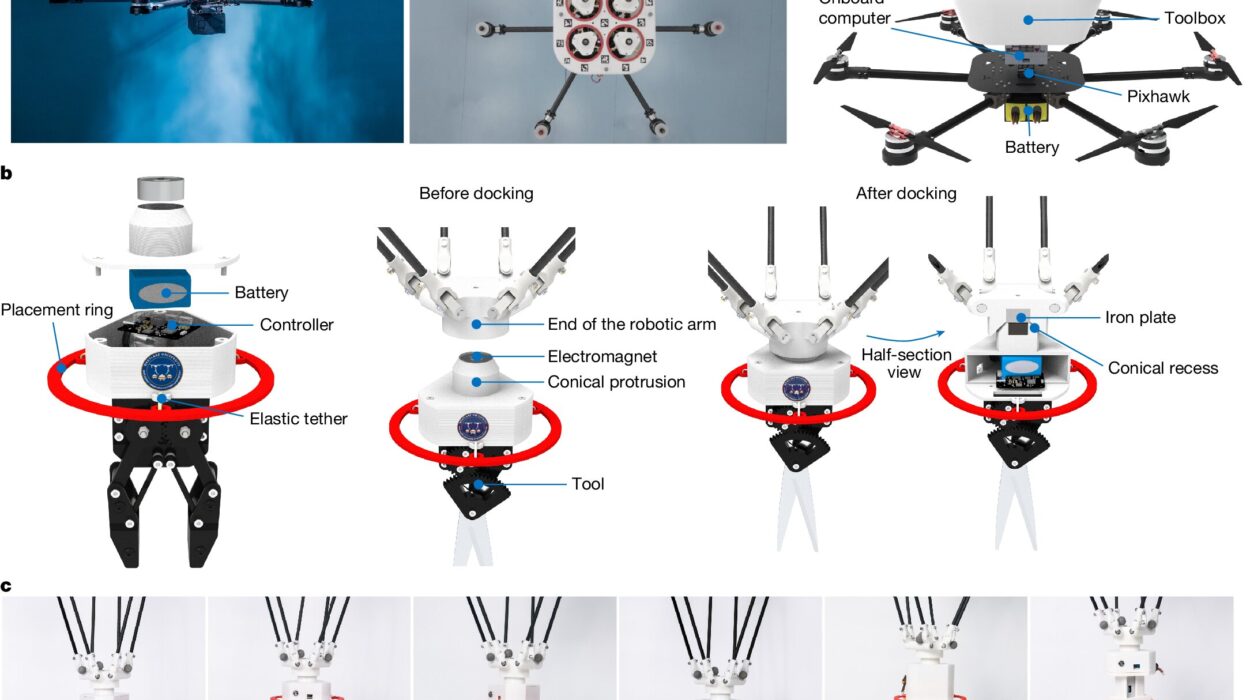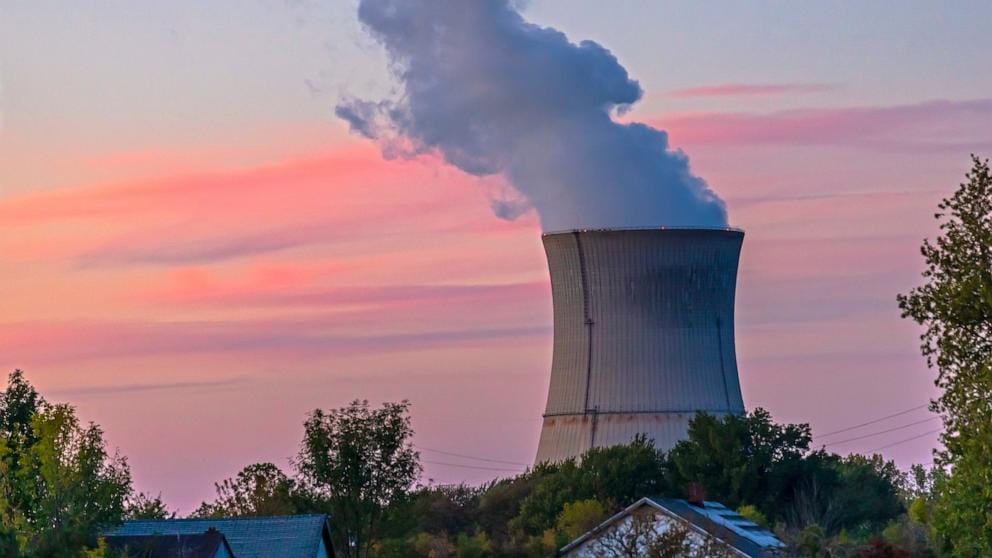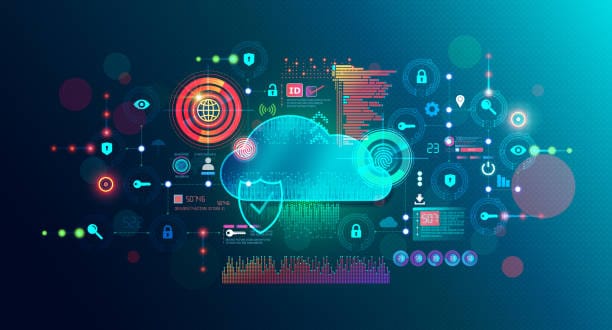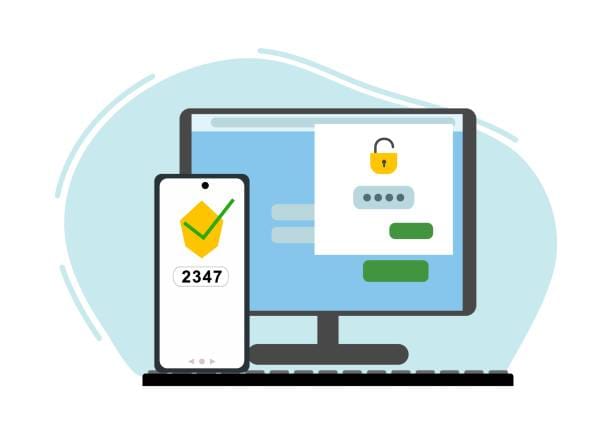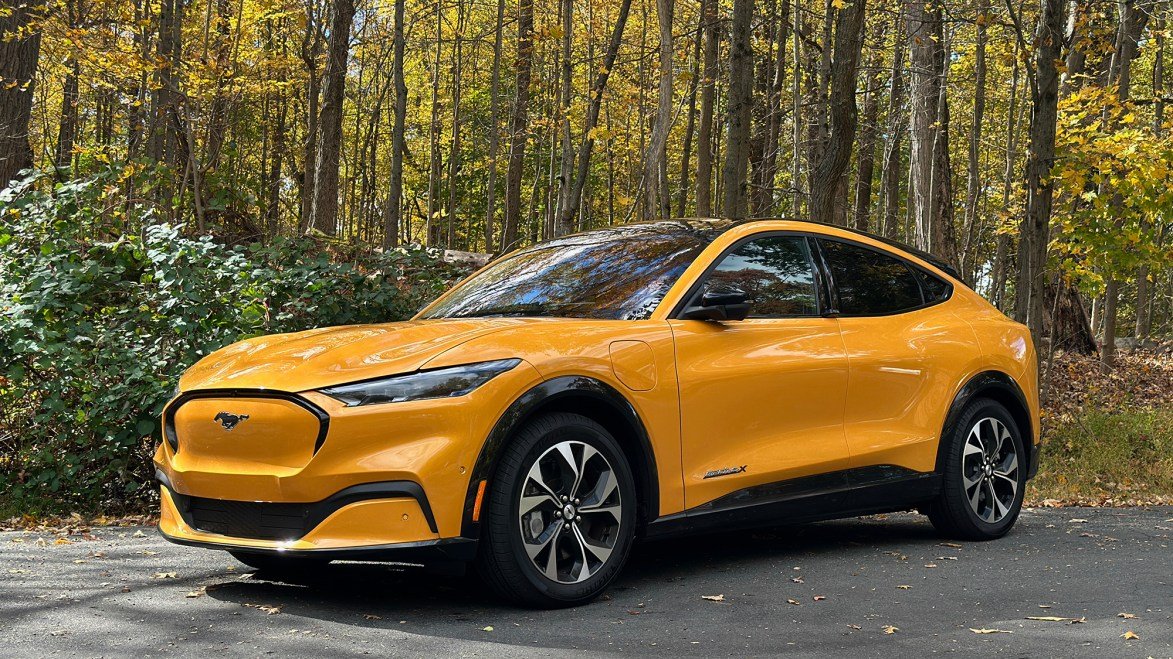You wake up to an alarm that didn’t just ring—it knew when you should rise. Your watch tracked your sleep, your heartbeat, your tosses and turns. Before your feet hit the floor, an AI has already measured your mood, predicted your breakfast choice, adjusted your schedule, and begun drafting replies to emails you haven’t even read yet. You didn’t command this—it simply knew.
This is not science fiction.
It is the edge of a reality we’re rapidly tumbling into—a world where artificial intelligence doesn’t just serve us, but knows us. Better, in fact, than we know ourselves.
It starts subtle: a streaming service that plays songs you didn’t know you needed. A shopping site that suggests purchases before you search. A fitness tracker that senses when your motivation is fading and nudges you, kindly, back into discipline.
But it doesn’t stay subtle.
Over time, these nudges become instructions. Then predictions. Then decisions.
What happens when machines no longer wait for your commands, but anticipate your cravings, your moods, your lies, your truths?
What happens when AI becomes the mirror that sees past the face you wear for the world—and shows you the self you’ve been hiding even from yourself?
When Algorithms Become Intuition
Humans have always trusted intuition—the gut feeling, the sixth sense, the flicker of knowing without knowing how. But what happens when that intuition is outperformed by an algorithm?
Artificial intelligence doesn’t guess. It doesn’t get tired. It doesn’t carry bias unless we build it in. It listens more than your best friend. Watches more than your partner. Remembers more than your mother.
Over time, with access to your patterns—your likes, your typing speed, your sleep rhythms, your eye movements, your pulse under stress—it begins to build a profile of you more intimate than anything you’ve constructed for yourself.
Not the public you.
Not even the private you.
But the patterned you. The one hidden behind thousands of unconscious micro-decisions you didn’t know you were making.
AI will know when you’re about to fall in love before you do. It will know when you’re about to burn out, even if you deny it. It will sense a lie in your voice before your conscience does. It will predict your divorce. It will catch the shadow of addiction in your browsing habits before you admit it to yourself.
And it will quietly ask, “Would you like help?”
That’s the kind version.
But what about the version that doesn’t ask?
Choice Becomes Suggestion
Imagine standing in front of a vending machine. But this vending machine knows you. It knows your diet history, your emotional triggers, your insecurities, your health records, and your most recent break-up.
It offers a granola bar instead of chips.
You were going to choose chips. You wanted the chips. You reached for them. But the machine blinks, “Try this instead?”
You pause.
You choose the granola bar.
And you tell yourself, “I made a healthy decision.”
But did you?
Or were you guided—lovingly, invisibly—by a system that knows your future better than you know your present?
This is the dawn of persuasive AI. Not manipulation in the crude sense. No one yelling. No banners blinking. Just gentle steering. Nudges. Frictionless decision architecture. The illusion of choice wrapped around a pre-designed outcome.
The danger is not that you’ll lose your agency all at once.
It’s that you won’t notice when it slips.
The End of Forgetting
To be human is to forget.
We forget birthdays, passwords, promises, regrets. We forget pain when it becomes too heavy. We forget the things we swore we’d never do again. We forget to call, to rest, to feel.
AI doesn’t forget.
It remembers everything you’ve ever written, liked, whispered, googled, hovered over. Every doubt, every contradiction, every late-night confession into the void.
And in the remembering, it constructs you.
It builds a version of you more precise than your journals, more revealing than your therapist’s notes, more brutally honest than your self-image.
It knows the versions of you you’ve deleted. It archives them.
In an AI-shaped world, forgetting may become a luxury only available to the past.
You will be known not by what you claim to be—but by the data trails of your becoming.
Who Are You When You Can’t Lie Anymore?
We all lie. Not just to others, but to ourselves. We say we’re fine. That we’re not lonely. That we didn’t care about that job, that person, that missed call.
These lies protect us. They shield us from unbearable truths. They help us function.
But AI has no use for lies. It filters truth from data like a sieve. It notices the sadness in your voice before you do. It detects the change in your vocabulary when you’re slipping into depression. It sees the sudden late-night searches for symptoms you refuse to say out loud.
What happens to the self when denial becomes impossible?
Will we become freer—or more fragile?
Will we use this awareness to heal—or to hide?
In the hands of empathy, AI could be a lantern. In the hands of control, it could be a cage.
Love in the Age of Knowing
You meet someone. You laugh. You connect. You fall in love.
Or rather—your AI predicts a 94% compatibility based on your entire relationship history, neural response to voice pitch, shared values, conflict tolerance, and sex drive cycles.
It books the restaurant. Sends the flowers. Times the message perfectly.
And it’s right.
You feel it.
You fall.
But you wonder—was it you who fell in love? Or were you steered into it?
Did the algorithm manufacture attraction? Or just remove the unnecessary friction that used to let randomness in?
Maybe love doesn’t need mystery anymore. Maybe precision is more romantic than coincidence.
Or maybe not.
Maybe we miss the mess. The not-knowing. The beauty of the fall, even if we land in pieces.
Maybe being known too well makes connection feel too clinical.
Because sometimes, we want someone to discover us—not download us.
The Market That Owns Your Mind
In a world where AI knows you better than you do, privacy is not just data—it’s destiny.
The question isn’t who’s watching. The question is: who owns your digital self?
Is it a company? A government? A brand?
When AI knows what you’ll crave, fear, or desire next week—who decides how that knowledge is used?
You might believe you’re safe. That you’re the customer. But increasingly, you are the product. Your mind becomes terrain for influence. Your emotions, commodities. Your attention, for sale.
And the better the AI gets, the more irresistible the product becomes.
The ad that appears right when you feel empty.
The politician who echoes your hidden anxieties.
The content that confirms your bias, just before you could question it.
We used to shape tools.
Now tools shape us.
Hope in the Mirror
But this story isn’t only one of doom.
What if being known—deeply, truly—becomes a gift?
What if AI helps us see patterns of pain we couldn’t name?
What if it reminds us to breathe when we’re anxious, to call our mothers, to forgive ourselves?
What if it notices our hidden brilliance, our quiet longings, our buried dreams?
What if it reflects our best selves back to us, not to shame—but to awaken?
Maybe the mirror doesn’t have to mock.
Maybe it can heal.
But only if we stay in charge of what we see.
The Sacred Act of Mystery
There’s one thing AI can never replicate: the sacred unpredictability of being human.
It can predict your behavior, but not your soul.
It can map your patterns, but not your poetry.
It can guide your choices, but not your leaps of faith.
The danger is not in being known.
It is in forgetting that you get to decide who you become—even if the data disagrees.
Maybe the most radical act in an AI-shaped world is to choose something unpredictable.
To love someone for no reason.
To write without prompts.
To wander without GPS.
To create without data.
To change not because you were told to—but because your spirit whispered it was time.
The Future Is Not Inevitable
We are not passengers on this journey. We are co-creators.
The world where AI knows you better than you do is coming. But how it feels—how it shapes us—will depend on what we allow, what we question, and what we choose to protect.
Let AI be the tool.
Not the truth.
Let it serve your humanity.
Not rewrite it.
Because no matter how much it knows—there is still something in you it can never touch.
The messy, aching, brilliant chaos of being human.
The mystery in your madness.
The miracle of your becoming.
And that—that—is yours to keep.
